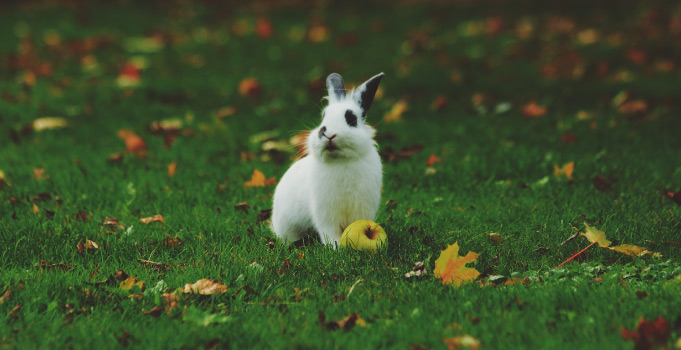
Have you ever wondered what it would be like to be your pet? What about what it would be like to be your pet with a toothache? Turns out, different animals deal with their teeth problems differently. Here are just some of our favorite animals, and the ways they deal with dental issues.
Dogs
If you have a dog, beware, because they rarely show any discomfort when it comes to dental issues. Man’s best friend will happily wag their tail and act as if everything is normal even with a cracked tooth or gum disease. This is because they’ve evolved to hide chronic pain, and their instincts tell them not to show signs of weakness. If the oral problem is bad enough, you will be able to see certain symptoms like vocalizing when they eat, head shyness (not wanting you to pet them on their head), chewing on one side of their mouth, and difficulty picking up food.
Cats
Like dogs, cats are experts at hiding their pain as their instincts are to resist showing any sign of weakness. By the time your cat shows any signs, their dental issue is probably very advanced. Beyond the usual symptoms of bad breath, some indicators that your cat is suffering from oral pain include difficulty eating or loss of appetite, drooling, chattering (jaw shakes or quivers) when they eat or groom, pawing at their mouth, excessive teeth grinding or yawning, head shaking or tilting, decreasing their grooming, pulling away when touched or petted near the mouth, and any changes in normal behavior such as becoming more aggressive.
Rabbits
Rabbits are also very good at hiding their pain. Are you sensing a pattern? When rabbits have tooth pain, you may not be able to tell right away, but it’s important to be on the lookout for some symptoms so you can get them treatment. Some signs of dental problems include picky eating, bad breath, reduced activity, matted fur, weight loss, bulging eyes, slobbering, a creamy discharge from the eyes and nose, facial abscess, and even anorexia.
To avoid any oral health issues, be sure to practice good dental hygiene with your pet every day. And while you’re at it, be sure you’re taking care of your mouth, too! At Paris Mountain Dental, we’re dedicated to providing you with the best dental care. Call us today to schedule an appointment.




